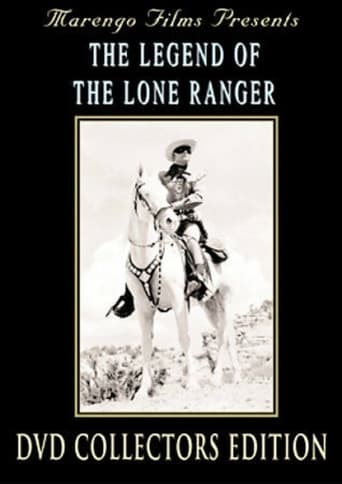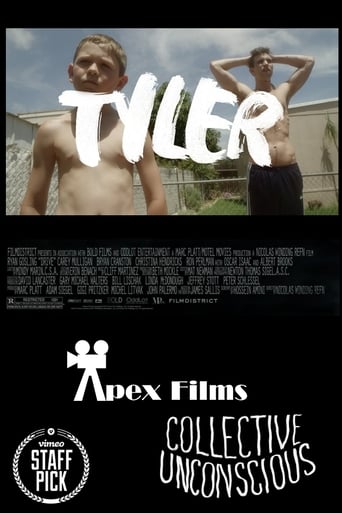The Legend Of The Lone Ranger 1952
A group of Texas Rangers chasing the Butch Cavendish gang is massacred in an ambush. One of the Rangers survives and becomes a vigilante, a masked Lone Ranger who, aided by his native friend Tonto, promises to bring all outlaws to justice.



